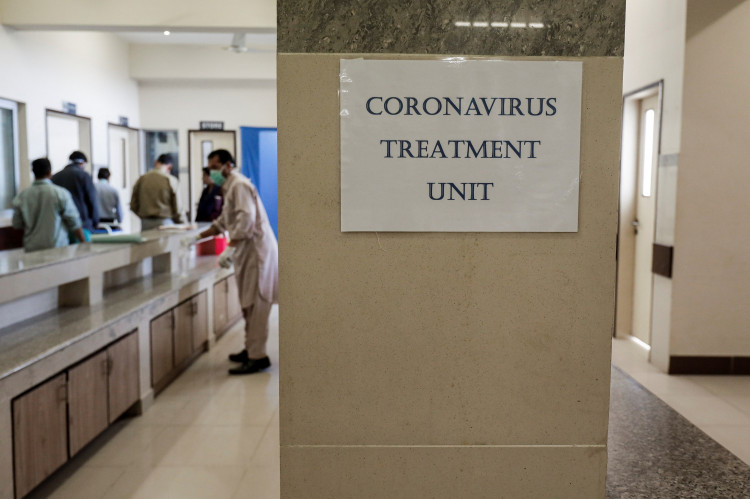Scientists and medical researchers around the world are working together to develop a vaccine and a sure treatment for patients infected with the Wuhan coronavirus. Two new studies released on Monday suggest there is hope for those infected.
New Studies Shine Ray of Hope for 2019-nCoV Patients
The two studies published in the journal Nature suggest that the Wuhan coronavirus shares 80 percent of its genetic codes with the SARS coronavirus that took over 700 lives back in 2003.
According to Business Insider, virologist at the University of Reading in the United Kingdom, Ian Jones, noted that the novel virus appears to be "a version of SARS that spreads more easily but causes less damage."
Jones is not related to the studies released on Monday but he believes the similarities Wuhan's coronavirus shares with SARS suggests that both vaccines and treatments created years back for SARS "should work" for the new coronavirus.
Like SARS, the novel coronavirus that originated from China's Wuhan city is a zoonotic disease. The term refers to viruses that can be transmitted by animals to humans. In this case, the two coronaviruses share the same host: bats.
It is worth noting that the new coronavirus also shares the same habits that the SARS strain showed when it its first appeared in humans in 2002. The two viruses can dock deep into a receptor in the human lung called the ACE2.
The theory has yet to be applied into real-world situations, but the studies have given scientists and medical groups alike some sort of positivity despite ongoing fears about the continuous spread of the 2019 coronavirus.
Anti-HIV Drugs and Flu Treatments the Perfect Combo?
During the weekend, Thai doctors said they developed a drug cocktail combo that successfully treated one of the country's patients.
According to CNN Philippines, a doctor at Bangkok's Rajavithi Hospital, Dr. Kriangsak Atipornwanich, said he used a combination of flu treatments and anti-HIV drugs to treat a female patient from China who was in severe condition.
Atipornwanich explained that the woman, 71 years old, was only treated with anti-HIV drugs previously. The patient was in severe condition but the combination drugs helped her improve within 2 days.
Aside from recovering from the Wuhan coronavirus, the female patient's test results ultimately change from positive to negative, Atipornwanich revealed.
It is unclear if the same is true for other patients around the world who may have received similar treatments. Some hospital in Beijing also tried to treat patients of the novel coronavirus with medicine for AIDS and HIV patients but they have yet to confirm if the treatment worked.
While there is increasing positivity in the medical realm due to the potentially effective treatment, Atipornwanich reiterated that the combination of drugs he discovered is "not the cure," Reuters reported.
As of Sunday, eight of Thailand's 19 coronavirus patients have been discharged after recovering from the disease. The remaining 11 are still receiving treatment as it has yet to be confirmed whether the same combination of drugs can be used for other patients.
It is believed that the combination of drugs discovered by Thai doctors can only be used initially for people who are considered to be in the severe stages of being infected with the Wuhan coronavirus.
'Cocktail Therapies' in Use Beyond Beijing
Meanwhile, hospitals in Hangzhou and Zhejiang have reported some success in the use of what are also referred to as "cocktail therapies," which include the combo of anti-HIV and flu drugs.
According to the South China Morning Post, Chinese biotechnology company Ascletis said there were over 20 confirmed coronavirus patients in hospitals around Zhejiang province who turned "negative" of the strain after receiving a combination of Ritonavir and Lopinavir.
Lopinavir is a drug used against HIV infections and is usually combined with other AIDS or HIV medications. The hospitals where preliminary tests led by Ascletis have yet to be revealed.





